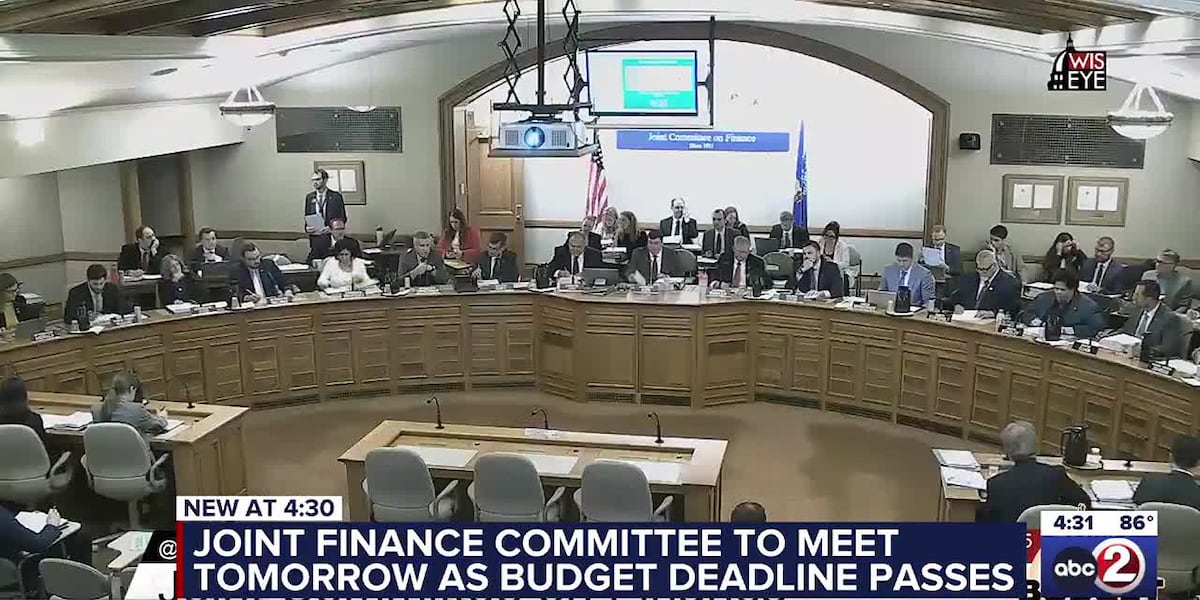Finance Act 2025: A Win for Taxpayers - Controversial Clause Removed!

The recently passed Finance Act 2025 has sparked considerable debate, and rightly so. One particularly contentious clause, initially proposed within the Finance Bill, sought to broaden the definition of 'tax fraud' to include actions that could potentially lead to a loss of tax revenue. Thankfully, after scrutiny and public discussion, this clause has been wisely omitted from the final legislation.
This initial proposal raised serious concerns among tax professionals and businesses alike. The broad scope of the proposed definition could have inadvertently swept up legitimate business activities, leading to unfair and potentially devastating penal prosecutions. Imagine a scenario where a company, through a genuine error, incorrectly calculates its tax liability, resulting in a temporary shortfall. Under the proposed definition, this could have been classified as 'tax fraud,' triggering severe penalties and legal action.
The omission of this clause is a significant victory for taxpayers and a testament to the importance of careful legislative drafting. It acknowledges the distinction between genuine errors or unintentional oversights and deliberate attempts to evade tax. However, the conversation doesn't end here. While the removal of the problematic clause is welcomed, the definition of 'tax fraud' itself still requires refinement.
Recent years have seen a marked increase in the rigor of penal prosecutions for tax fraud. While this increased scrutiny is undoubtedly necessary to combat deliberate tax evasion, it's crucial to ensure that the definition of 'tax fraud' is clear, precise, and narrowly tailored. This will prevent innocent taxpayers from being caught in the crossfire and ensure that resources are focused on pursuing those who intentionally defraud the system.
The Inland Revenue Department (IRD) plays a vital role in this process. Clear guidance and practical examples of what constitutes 'tax fraud' are essential to provide certainty for taxpayers and to assist IRD officials in applying the law fairly and consistently. We need a system that is both robust in tackling fraud and supportive of honest taxpayers navigating a complex tax landscape.
Looking ahead, a comprehensive review of the definition of 'tax fraud' is recommended. This review should involve consultation with a wide range of stakeholders, including tax professionals, businesses, and consumer groups. The goal should be to create a definition that is both effective in combating tax fraud and fair to all taxpayers. The Finance Act 2025 represents a step in the right direction, but ongoing vigilance and refinement are essential to ensure a just and equitable tax system for New Zealand.
Ultimately, a well-defined and carefully applied tax law fosters trust and encourages compliance. Let's hope that the government continues to prioritize clarity and fairness in its tax legislation.






